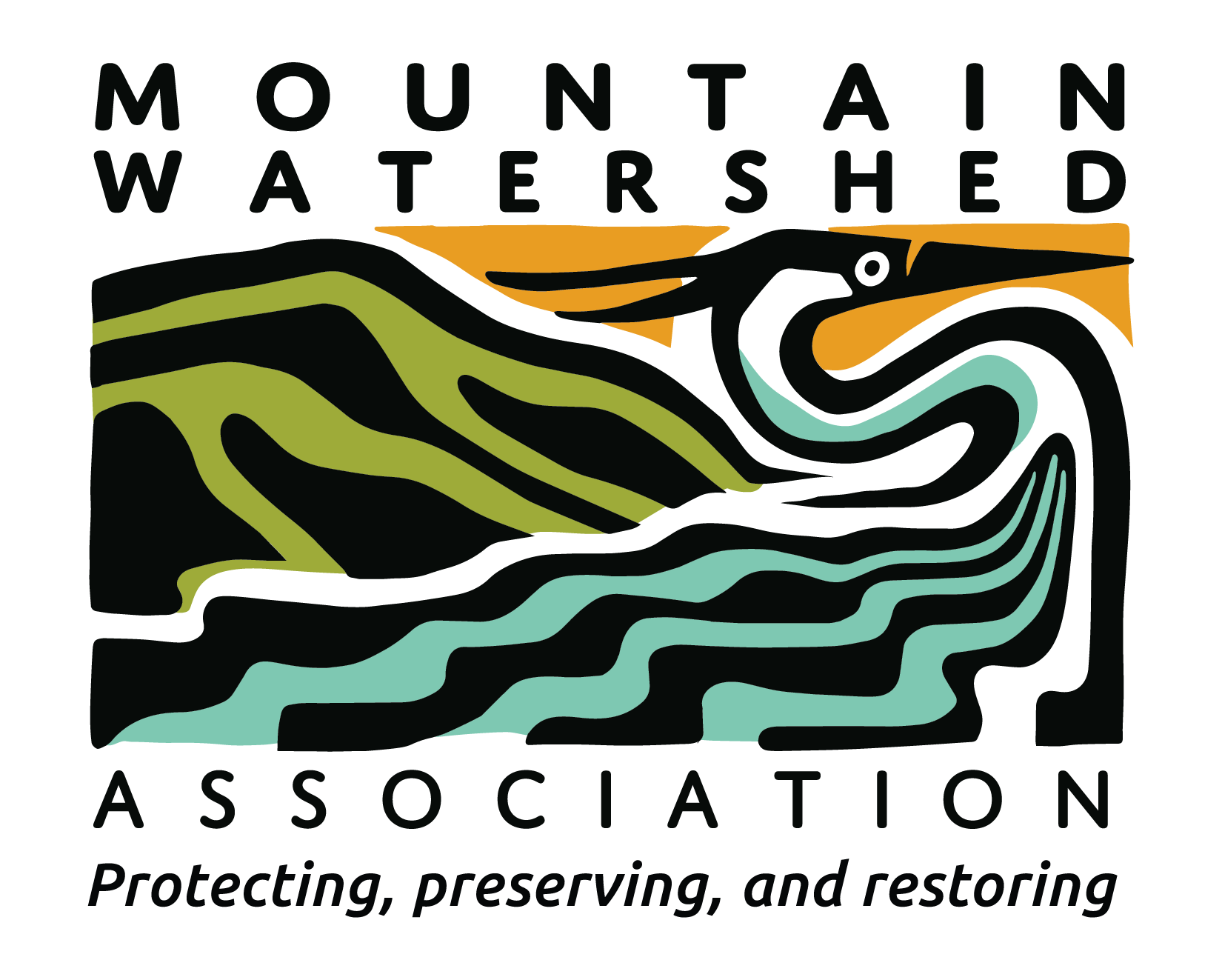This post is part of a series called Water Matters. Click here for other posts in this series.
“The grass is greener where you water it.” –Neil Barringham
No one knows this statement to be more accurate than our farmers, but what if this water that we’re using isn’t clean? Would the grass still be greener?
Roger Latuch of Latuch Brothers Farm in Somerset County knows what the impact would be if he did not have clean water to water his crops and his cattle. Roger lives in the Casselman River watershed adjacent to the 700 acres of land that Latuch Brothers own and use. They are currently milking 260 head of mature cattle, support about 260 head of young stock and grow crops on top of that. There needs to be a huge amount of water to support all of that life! A dairy cow that is producing milk needs about 35 gallons of water every day. That means the farm needs to supply, on average, 9,100 gallons of water to the milking herd per day, not including the young stock! This is also not considering the amount of water that the crops need as well. For Roger to get the maximum amount of milk from his herd, he must supply them with the water that they need, but more importantly, that water needs to be clean. It has been proven that excess nutrients, minerals and hard metals could negatively affect the cattle. Undesirable side effects of contaminated water include decreased milk production, decreased conception rate and low milk quality. Relying on contaminated water will decrease the farmers’ profit. The Latuch Brothers rely on their herd for their livelihood. They depend on clean water because their herd depends on it!
The crops that are being grown every year also need a lot of clean water. Just like the cattle, this water cannot be contaminated or it will decrease yields and cause, yet again, a loss in profit. One challenge that can occur is acid rain. Atmospheric pollution caused by burning fossil fuels will return to the earth in precipitation and create an acidic environment for the crops, thus killing the plants. Also, crops can be negatively affected by phytotoxicity. Phytotoxicity is a buildup of chemical pollutants. This too, will cause a decrease in yields due to poor or stunted growth. Excess burning of fossil fuels as well as improper disposal of chemicals will have harmful effects downstream.
The crops that are being grown every year also need a lot of clean water. Corn alone needs 2,500-4,000 gallons per bushel in a growing season; that’s an average of 325,000 gallons per acre! Without calculating the rest of the math, we can already clearly see that it takes a massive amount of water to successfully grow a crop. If that water is not healthy, or there is not enough, there will be a decrease in yields and at the end of the day, again, that is a loss in profits.
Roger knows how important it is to help protect his watershed. Latuch Brothers uses techniques such as planting cover crops in the fall to prevent soil and manure runoff and implement stream bank buffers where they can. Also, Roger is an active member of the Casselman River Watershed Association and he supports other conservation groups as well. We all should take part in preserving our water– for us, for the cattle, for our rivers and streams, and to protect people’s livelihoods.

